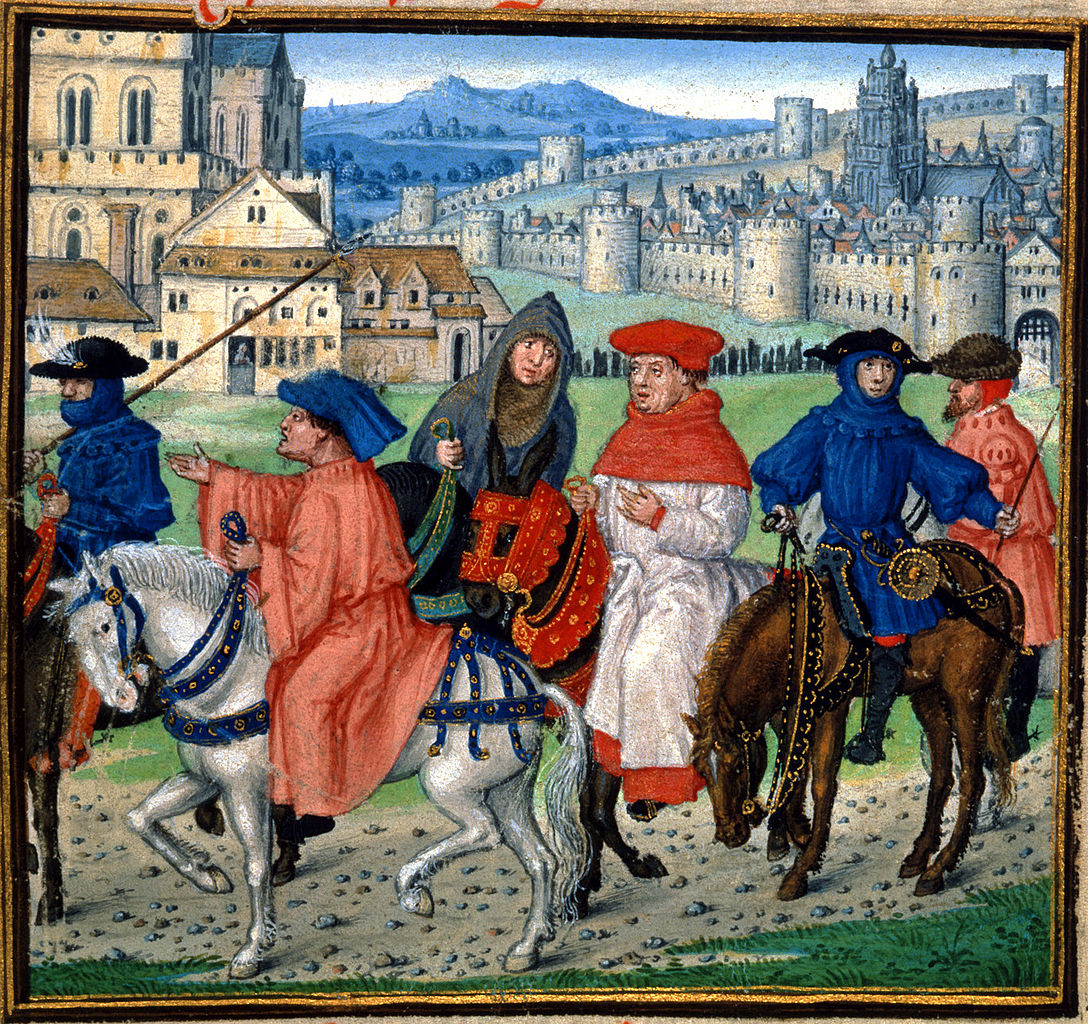This was an intricately plotted, historically accurate medieval mystery, full of intrigue, tragedy and rich characters.

When a book of prophecies that foretells the death of the last twelve English kings and the current one, Richard II, is rumoured to be circulating in London, there are many ruthless folk out to retrieve it and for different reasons. Enter, stage right, one John Gower, who discovers the book is in the hands of those who don’t understand what it is they have or how dangerous it is – not just to king and country, but them. Tracking the book and the current holders proves more difficult than Gower could have foreseen, especially when other copies of the original start to manifest and Gower learns that not only is his best friend, poet, diplomat and customs official, Geoffrey Chaucer, somehow embroiled in what’s going on, but possibly his estranged son as well.
Determined to save the king and, if he can, those he cares about as well, Gower risks life and limb, journeying from the pungent and grimy streets of London, the stews of Southwark, the halls of Westminster and the hallowed cloisters of Oxford to get to the bottom of what’s swiftly becoming a deadly game – a deadly game of death. Further afield, there are those plotting revenge and the presence of the book has just made the possibility they might finally get to serve it more desirable than ever.
Filled with minute detail of the era, from fashions, political machinations and plots, real people of the period (rulers, politicians, poets, maudlyns, diplomats, mercenaries etc), I confess I first struggled with this novel as the desire to be authentic almost overwhelmed the story – a story that, I should add, presents London and, indeed England at that time as almost totally joyless and always dangerous. Having said that, one of the delights of this book is the way in which Holsinger brings to bear his incredible knowledge of the era as a medieval scholar, imbuing each and every page with sights, smells and sounds – even when you wish he hadn’t!

politics and wheeling and dealing is also spot on as the rich and powerful (and those who desire to be both) manoeuvre to either get closer to the throne, or bring it down. This is a grim and dark tale but it’s also incredibly clever and the weaving of actual historical figures, and the formation of what were to become major literary works (eg. The Canterbury Tales, Troilus and Cresida as well as the work of John Gower – himself a burgeoning poet of the time) with fictional ones is seamlessly achieved.
If you enjoy superbly crafted historical novels which really evoke time, place and people and a damn fine mystery, then this is the book for you.
